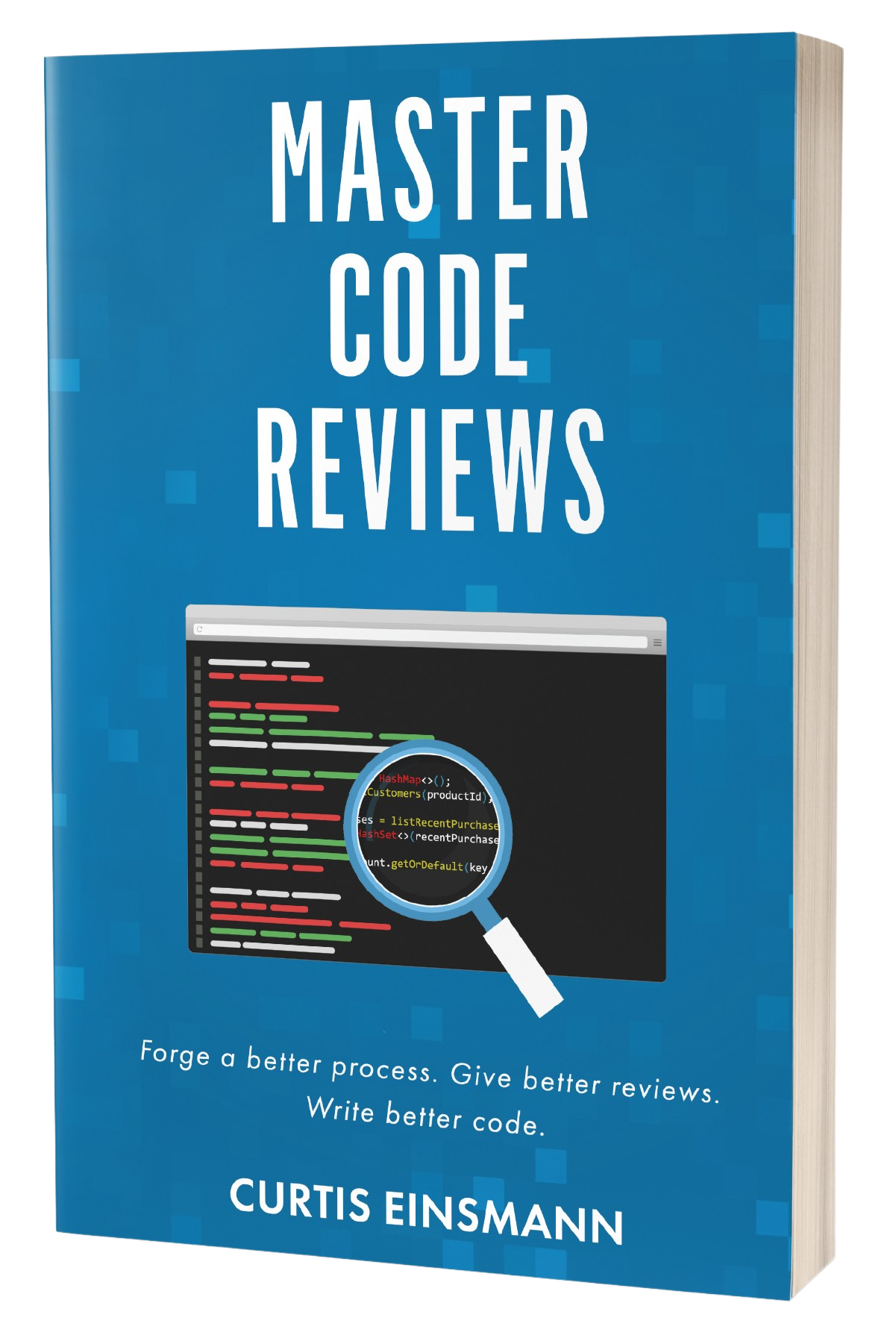About the author
Hi, I'm Curtis. In my early career, I struggled with code reviews. I've authored and reviewed over 1500 code reviews. During my six years at Amazon Web Services, I was a course instructor and mentor to dozens of software engineers. If you loved my writing on how I review code, or how I craft beautiful code, or how developers can level up, you're sure to love this book.
In 2022, I launched a video course called Master the Code Review to help software engineers level up their skills. Over one thousand developers have taken it, and over thirty companies have leveraged the team license to train their software engineers. This book is an in-depth expansion of the content from that course.
I'm writing this book to help developers overcome challenges I faced in the past. In my early career at AWS, I struggled with code reviews. My Pull Requests got more than 50 comments, and took more than 7 reviews. When I was sent code to review, I felt paralysis by analysis. I didn't know what to look for, or how to give good feedback. Long story short — I improved, and leveled up. I went on to ship 550 PRs to production. In my last year at AWS, I shipped over 90% of them in the first review. I've reviewed over 850 PRs, and my code review feedback has helped my peers level up and earn promotions.
Over the years, I came to realize that a few aspects of code reviews are objective — finding flaws and defects. But most aspects are subjective — opinion based discussions around software quality and readability. Succeeding in an opinoinated environment like code reviews takes specific soft skills, social skills and technical skills. I learned them the hard way, and now I'm sharing what I know.
This is an opinionated book by yours truly. I have first-hand experience on the topics I cover. You won't find this information in code review documentation or guidelines you've seen anywhere else.

